László Kubala
László Kubala is the best FC Barcelona player of the 20th century, an absolute legend of the Catalan club for which he played more than 250 matches.
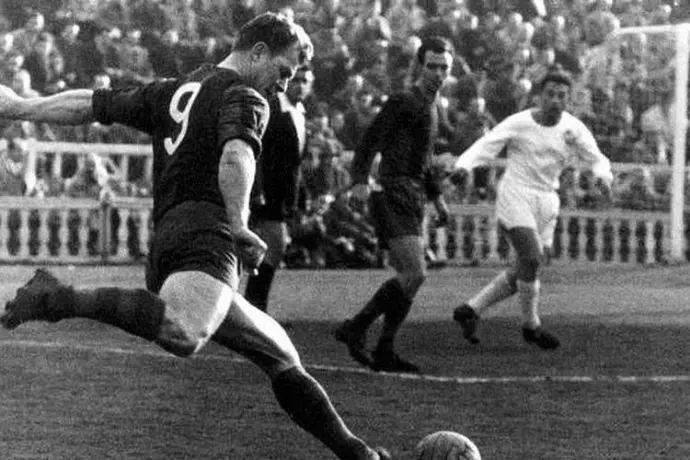
Games
Goals
Assists
Trophies
1944 Ganz TE Budapest (HON) 9 games, 2 goals
1945/46 Ferencvaros (HON) 49 games, 27 goals
1946/48 Slovan Bratislava (TCH) 33 games, 14 goals
1948/49 Vasas Budapest (HON) 20 games, 10 goals
1949/50 Pro Patria (ITA) 16 games, 9 goals
1950 Hungaria 6 games, 5 goals
1950/51 suspended
1951/61 FC Barcelona (ESP) 256 games, 194 goals
(Spanish Championship: 186 games, 131 goals)
(Spanish Cup: 48 games, 49 goals)
(European Champion Clubs' Cup: 11 matches, 7 goals)
(European Fairs Cup: 9 matches, 6 goals)
(Latin Cup: 2 matches, 1 goal)
1961/63 coach (FC Barcelona)
1963/65 Espanyol Barcelona (ESP) 35 matches, 8 goals
(Spanish Championship: 29 matches, 7 goals)
(Play-off: 2 matches, 1 goal)
(Spanish Cup: 4 matches)
1966/67 FC Zurich (SUI) 1 match
1967 Toronto Falcons (CAN) 19 matches, 5 goals
With the National Team :
Czechoslovakia: 6 caps, 4 goals
(Friendly matches: 6 caps, 4 goals)
1st cap: October 27, 1946 against Austria (4-3)
Hungary: 3 caps
(Friendly matches: 3 caps)
Spain: 19 caps, 10 goals
(Friendly matches: 13 caps, 6 goals)
(World Cup qualifier: 5 caps, 4 goals)
(Euro qualifier: 1 cap)
Last cap: April 2, 1961 against Bulgaria (2-0)
Catalonia: 4 caps, 4 goals
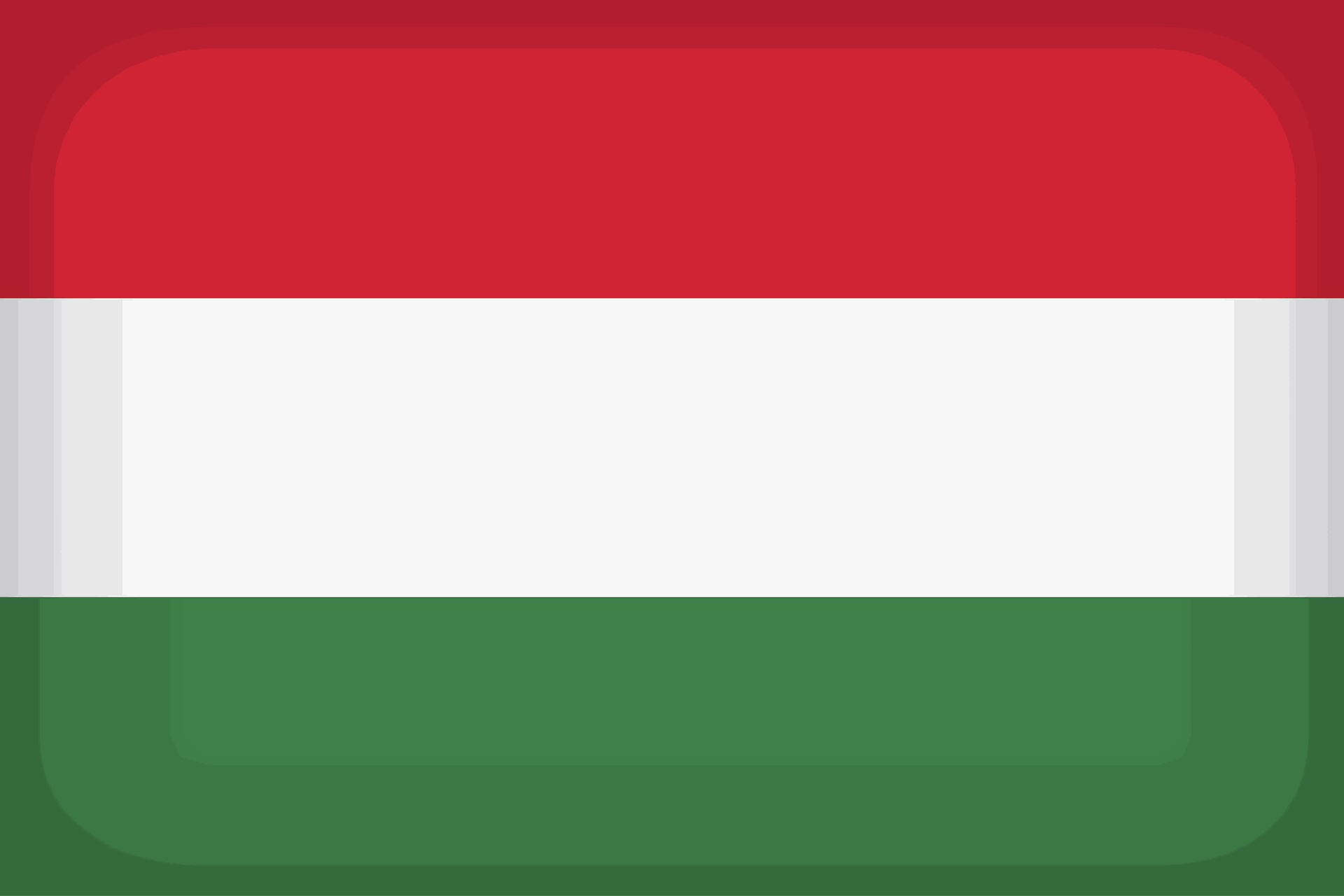
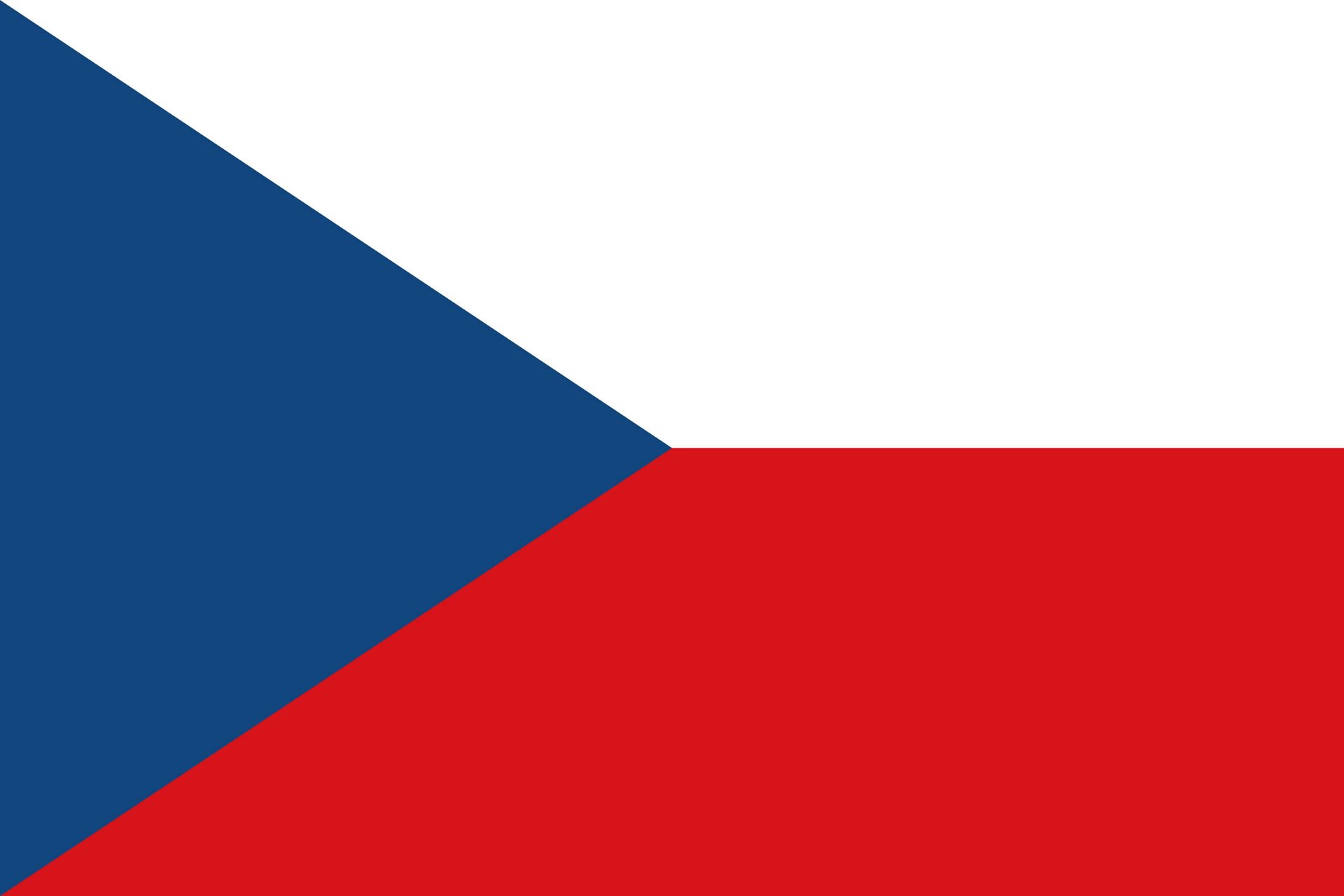
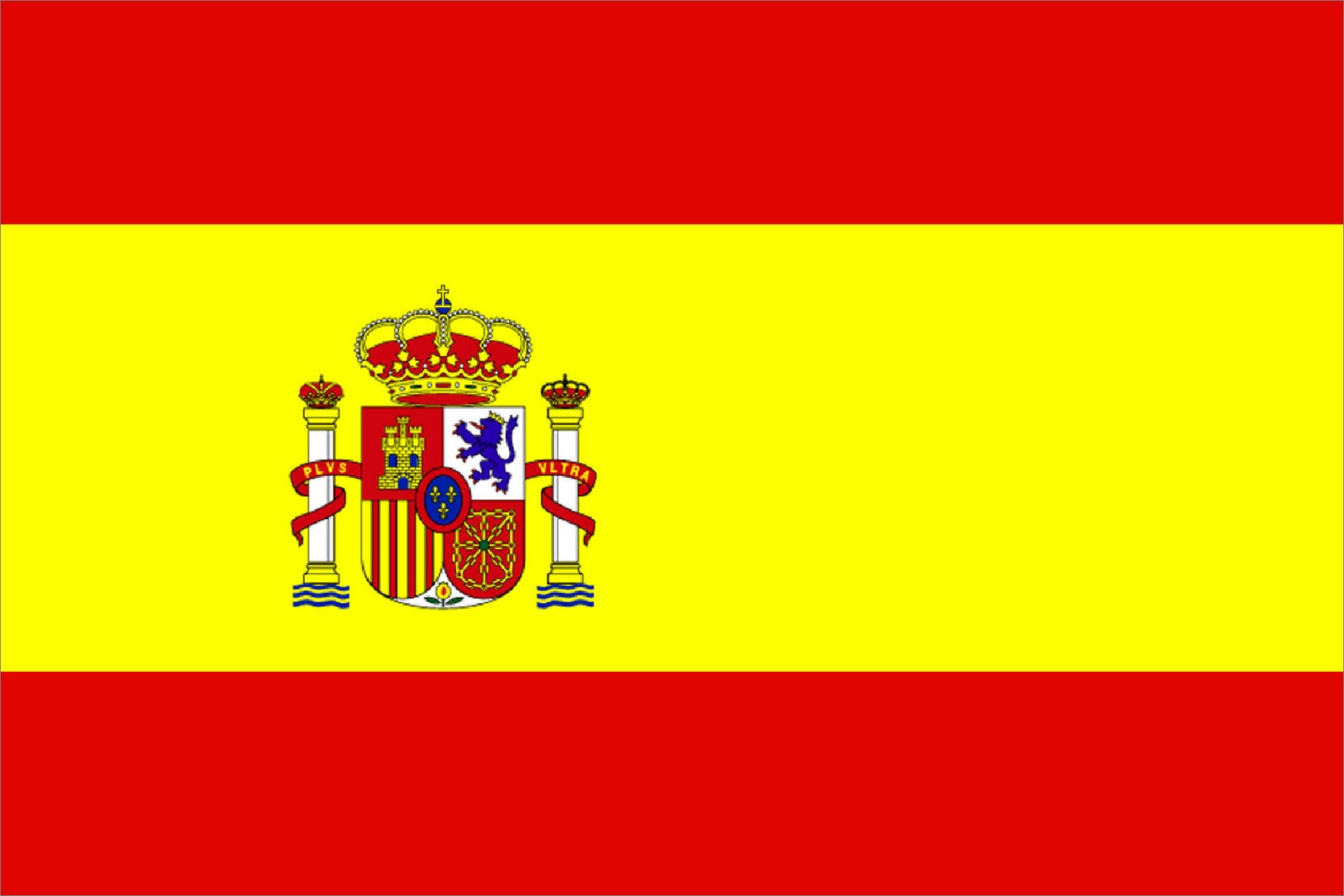
László Kubala
Born June 10, 1927 in Budapest (HON)
Died May 17, 2002 in Barcelona (ESP)
Hungarian/Spanish/Czechoslovakian, Second striker, Striker, Right-winger, 1m76
Nickname: "Kuksi"
Complicated beginnings due to the Hungarian regime
László Kubala was born on June 10, 1927 in Budapest, Hungary. Coming from a family of Polish and Slovak origins, he lived in a modest environment and during his childhood he joined the local factory club, Ganz TE Budapest. And at 18, he joined the legendary Ferencváros club. He also made his debut the same year as a certain Sándor Kocsis. For his only season with this club, he scored 27 goals in 49 matches and confirmed his status as a great hope for Hungarian football.
Compared to Di Stéfano for their ability to play with their opponents and invent genius moves, Kubala will join Czechoslovakia and the Slovan Bratislava club in 1946 in order to escape Hungarian military service after the death of his father. There he becomes a Czechoslovak international and scores 4 goals in 6 matches.
He then decides to return to Hungary in 1948 in order to avoid problems with the Hungarian army. His return to the country will be short, 20 matches and 10 goals for Vasas Budapest and 3 matches for the Hungarian national team. With the rise of the Hungarian communist regime, he decides to flee his native country and illegally join Austria in January 1949.
He finally joins Italy and Pro Patria where he only plays a few friendly matches. It was the biggest club in Italy that came to hear from the player and invited him to participate in a friendly match against Benfica Lisbon. The Hungarian player was forced to refuse the offer to go to the bedside of his sick son. This would save his career and his life, since the Torino plane would crash on May 4, 1949, killing all the passengers.
After this tragedy, he joined the team called Hungaria, which was made up of refugees from Eastern European countries. It was Josep Samitier who, during a tour in Spain where Hungaria won 4-2 against Real Madrid, would decide to recruit the Hungarian player, despite an offer from Real Madrid.
The best FC Barcelona player of the 20th century
His debut for FC Barcelona would wait 1 year due to his termination of contract with Vasas Budapest and his illegal departure from Hungary. For his first season with FC Barcelona, the 1951/52 season, the player will finally show his full potential, in 28 games, he scores 39 goals and delivers 13 assists. He immediately becomes the best player of the club and one of the best in the world. He also scores 7 goals in the match won 9-0 against Sporting Gijon. He wins La Liga, the Spanish Cup and the Latin Cup.
For his last season in Catalonia, he wins the championship, the Spanish Cup and the Spanish Super Cup again. Having participated in 5 competitions during this season, he wins all 5 and is part of the famous "Barça of the 5 Cups". But the player will have been ill during the season, catching tuberculosis and being seriously impacted.
The year 1957 rhymes with the change in dimension of FC Barcelona which then wishes to assert itself as the great competitor of Real Madrid on the European and world level. The club changed stadiums and joined the Camp Nou, a larger stadium that would allow more supporters to marvel at the talent of the Hungarian.
A rival of Di Stéfano, he would lead his team to 2 new European titles. Within a Dream-team composed of him, Sándor Kocsis, Evaristo and Luis Suárez, he won 2 European Fairs Cups in 1958 and 1960. The ancestor of the Europa League. FC Barcelona would continue its progression in the 1960/61 season as they became the first team to eliminate Real Madrid in the Champions League after their
Until 1961, "Kuski" offered Barça four league titles, five Copa del Rey and two Fairs Cups, despite fierce competition from the Casa Blanca. With Luis Suarez, the Brazilian Evaristo and Sandor Kocsis, Kubala made FC Barcelona the first to defeat the Madrid giants in the round of 16 of the European Champions Cup. But after putting an end to the Merengues' run of five consecutive European triumphs, the Catalans fell in the final of the 1960/61 edition against Benfica Lisbon (lost 3 goals to 2).
Coach, return as a footballer and retirement
A club legend, he then became the club's coach at the age of 34. He who played for 4 different national teams throughout his career, however, never played in the final phase of a major international competition, missing the 1962 World Cup due to injury.
After 2 seasons as coach of FC Barcelona, he returned to football at the age of 36 at Espanyol Barcelona where he played 35 matches for 8 goals. He then left for Switzerland before retiring in Canada at the age of 40 after a successful career.
Trophies :
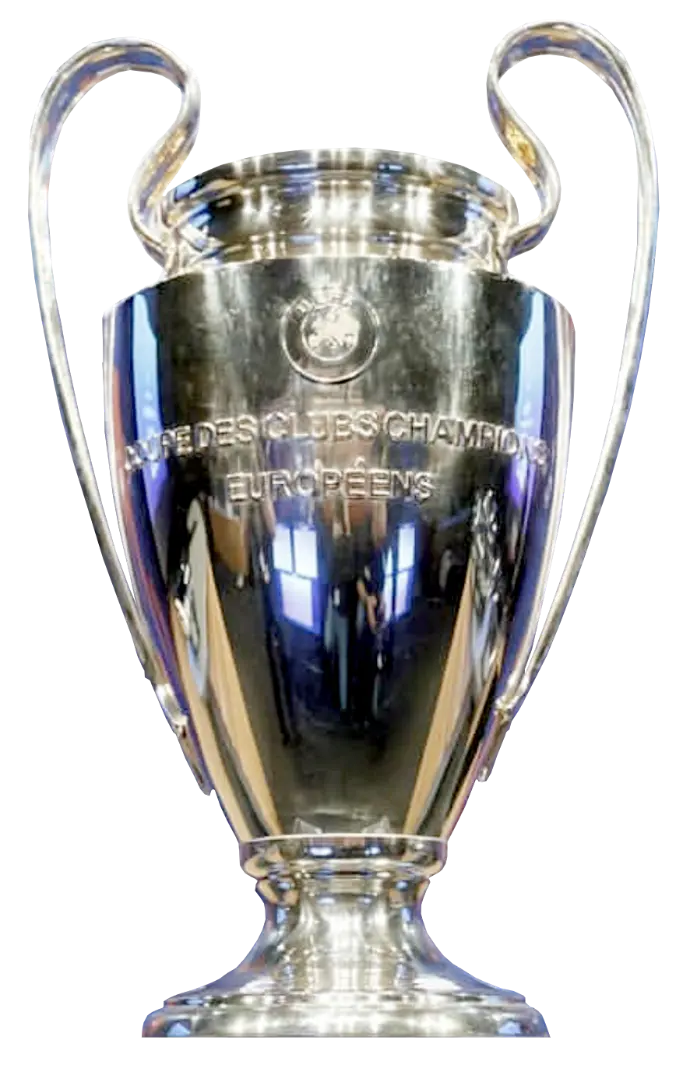
Finalist Champions League x1
- 1961 (FC Barcelona)
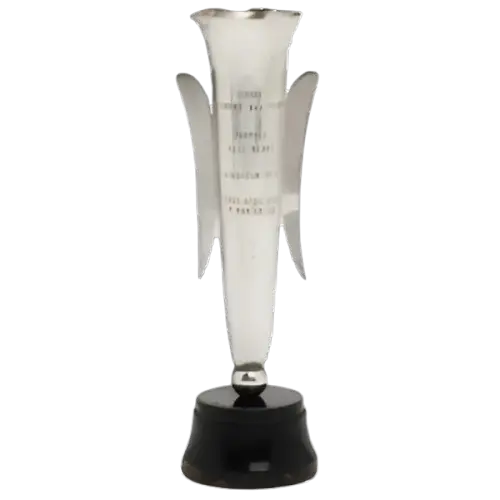
European Fair Cities Cup x2
- 1958 (FC Barcelona)
- 1960 (FC Barcelona)
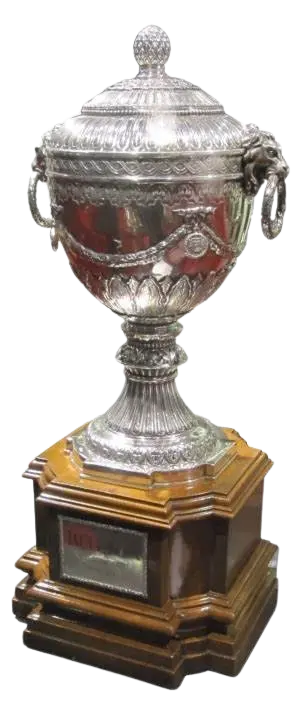
Latin Cup x1
- 1952 (FC Barcelona)
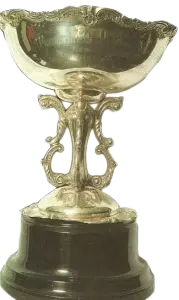
Small Club World Cup x1
- 1957 (FC Barcelona)
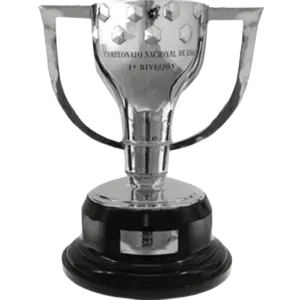
Liga x4
- 1952 (FC Barcelona)
- 1953 (FC Barcelona)
- 1959 (FC Barcelona)
- 1960 (FC Barcelona)

Vice-Champion Liga x3
- 1954 (FC Barcelona)
- 1955 (FC Barcelona)
- 1956 (FC Barcelona)
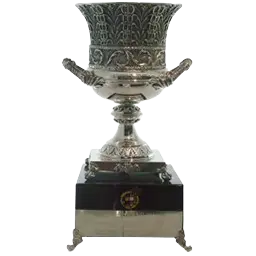
Spanish Supercup x2
- 1952 (FC Barcelona)
- 1953 (FC Barcelona)
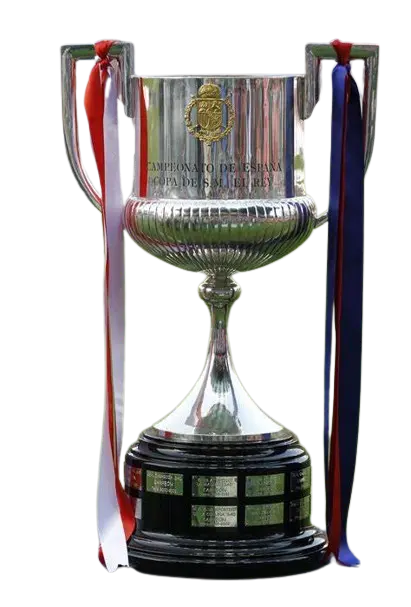
Copa del Rey x5
- 1951 (FC Barcelona)
- 1952 (FC Barcelona)
- 1953 (FC Barcelona)
- 1957 (FC Barcelona)
- 1959 (FC Barcelona)
Individual Trophies :
- Member of the list of the 100 best players of all time by World Soccer and Placar magazines in 1999
- Member of the list of the 50 best players of all time by Guerin Sportivo magazine in 1999
- 32nd best player of the 20th century in the vote organized by the IFFHS, 3rd best player to have played in Spain after Di Stéfano and Puskás
- Voted FC Barcelona's best player of all time by the fans in 1999, ahead of Johan Cruyff and Diego Maradona
- Posthumously awarded the FIFA Order of Merit in 2002